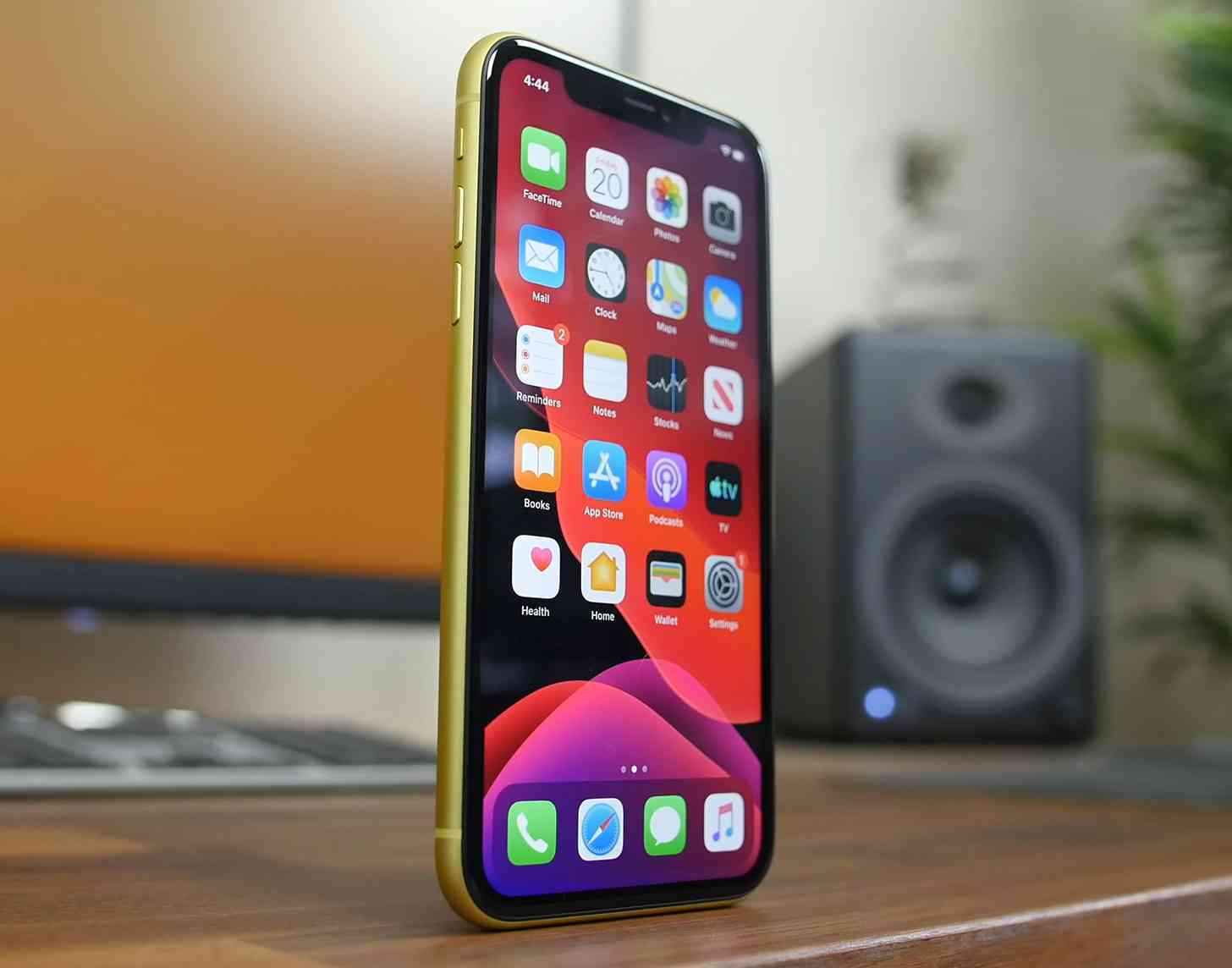
Back in September, Apple released iOS 13 to the public. It’s a massive software update for the company’s mobile operating system, bringing with it a ton of new features (like the oft-requested dark mode). And it has also brought with it a few subsequent updates in a very short period of time.
It hasn’t even been a month since Apple released iOS 13.0 and now the software is already on version 13.1.2. Right now the company is testing iOS 13.2, which will see a release in the near future. It’s safe to say that there have been a lot of attempts at patching bugs, fixing other issues, and otherwise trying to respond to public feedback.
It’s been pretty crazy.
Meanwhile, macOS Catalina launched in October and has not seen a crazy update schedule. Right now the company is currently beta testing macOS Catalina 10.15.1, which will be the first update for the desktop operating system since its launch. But if you’ve been keeping tabs on the public launch of Catalina, then you know some apps have not had the best time supporting the new software.
Which is not new by itself. Compatibility issues between new software and older apps happen, even if developers have months to prepare. Sometimes an update for an app to get support for the new OS is released quickly, and sometimes it takes a bit more time after the operating system launches. But it’s not completely unheard of by any means.
With the public launch of Catalina I saw a lot of the same statements I’ve seen in years past, all of which boil down to the same thing: wait. I know people who are running years-old versions of Apple’s desktop operating system (and I’m not talking just macOS Mojave, but dating even further back) because they simply don’t want to upgrade to the newer versions. Others don’t want to lose compatibility with the apps they use every day. And that’s a legitimate fear, because some 32-bit apps are still useful, but the new versions of macOS don’t support 32-bit apps.
I understand the sentiment behind wanting to wait to upgrade the software you use every day. Potential issues can lead to some frustrating moments, especially if it comes down to a realization that an app you use every day doesn’t support the new software (yet). It should always be a situation where you weigh the potential pitfalls of upgrading your software or not. Will you lose access to that super important app you use every day? Well, it’s probably worth waiting until that issue gets ironed out. And it's not just Apple's software, obviously, as Google has had to fix things in the past with Android following a major update, and Microsoft's Windows 10 has been in the same boat as well. It happens.
I’ve run into issues with apps not working with new software, but not so much with macOS. It happens in iOS, though. I’ve got two apps on my phone right now that don’t have functioning widgets anymore following the update to iOS 13 (and iOS 13.1, iOS 13.1.1, and iOS 13.1.2). And right after iOS 13.0 launched I had a couple of apps I use on a semi-regular basis just not open at all.
But in those situations I’ve typically had an alternative I could use in the meantime. Sure, I use the app I want to use more often than not, and I don’t typically want to use that backup option, but at least it’s there just in case. It can be frustrating, but it’s never stopped me from updating my operating system on any of my devices (so far).
I’m curious, though: do you wait to upgrade your software on the devices you use every day? And, if so, how long do you typically hold off on upgrading before you finally pull the trigger on it? Let me know!